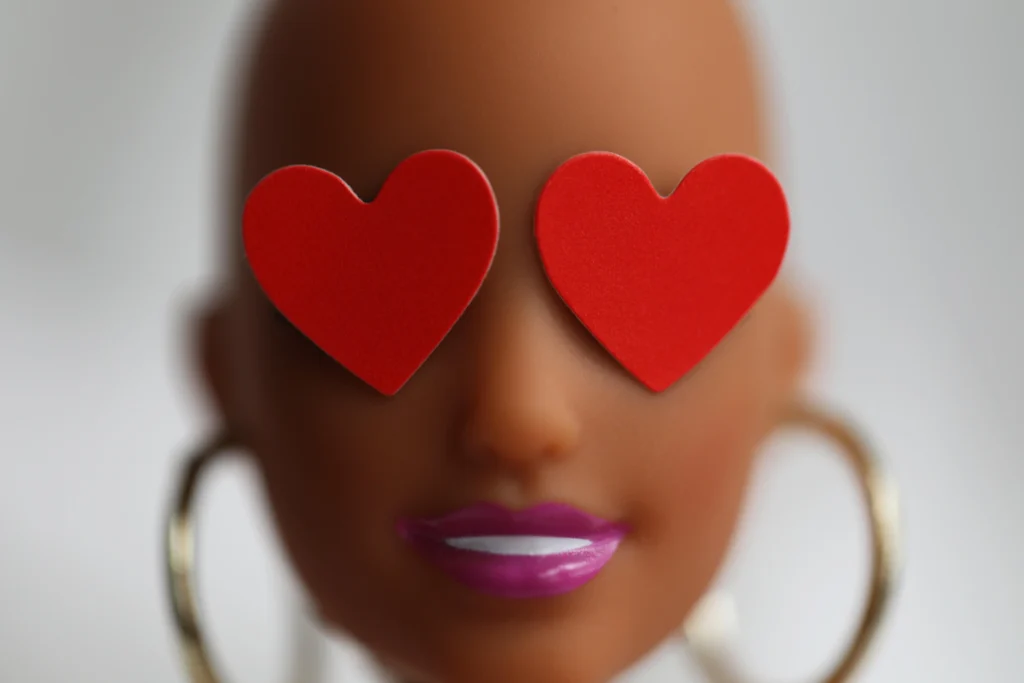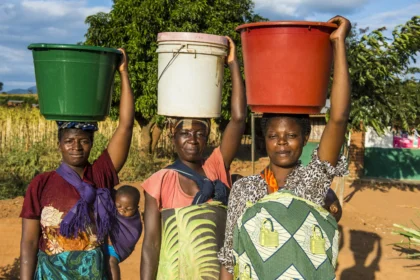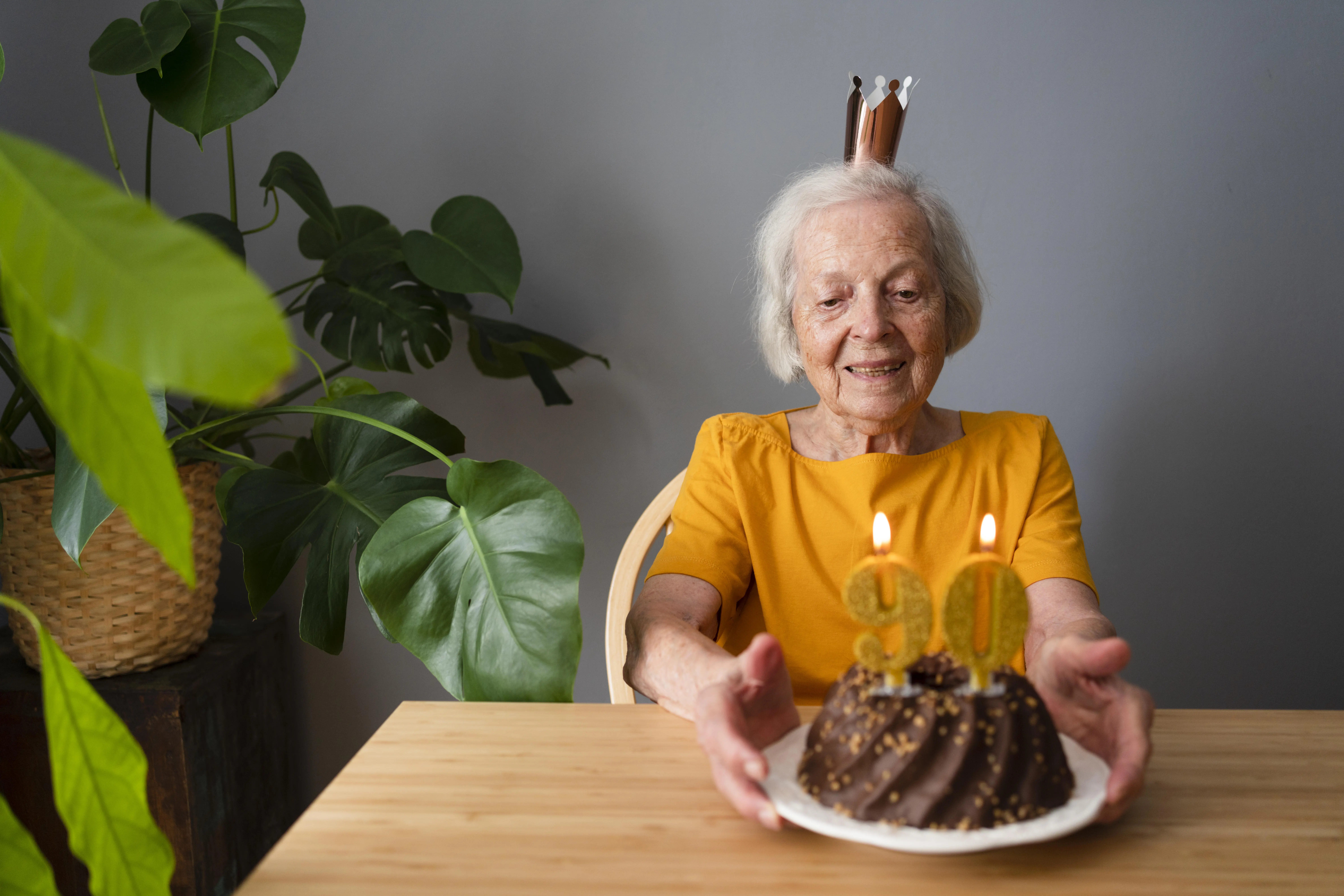The hook up-culture and its risks

The hook up-culture is one of the trends enslaving young people regardless of the significant emotional and physical risks that come along with this practice. Discover with me the unspoken costs of casual entanglement.
There are so many things that young people are driven to, especially in a world that becomes more and more digital with literally every service at the tip of our fingers. Ever heard of the expression “hook up”? This is a modern trend among young people, mainly born in the year 2000. If you cannot identify with this culture or engage in this at least once a week, this definitely takes away your voice, your belonging and value in the young fresh minded squad.
Most young people in this generation have embraced the hook up-culture which predominantly and also negatively affects their perception of sex. It is therefore important to understand what this means to the young, to watch out for its dangers and find a solution on how to navigate through it.
But be aware: If you talk to young people, mainly in this age range of 15-25 years, it literally shows how much young people are attached to this belief and practice. At least, that’s what I came across about while doing so lately.
The danger of hooking up
Before we can actually discuss the dangers and harm of this culture, let’s first dive into the importance of having the knowledge of the person one would like to engage with in any sort of sexual activities. When we talk of hooking up, we are looking at sexual intercourse mainly between people who barely know each other or are total strangers. To me it is vital to have knowledge of any person one chooses to indulge with in sexual activities. To say the least, this brings a sense of safety in a way that, if there is any health issue, it can be easily addressed.
The established hooking up-culture puts many young people in danger, primarily the transmission of sexually transmitted diseases. Talking of the procedure itself and the ostensibly acceptance, young people mostly hook up during occasions such as parties and nightclubs. It is true that alcohol does facilitate the access to sexual pleasure. Nowadays, way too many young people opt to hook up once they are under the influence, not realizing ahead that this, in many ways, does bring a sense of guilt after they are sober which, of course, makes them vulnerable in the face of sexually transmitted infections such as HIV and gonorrhea.
Sexual awareness
Every individual discovers sex and intimacy in their own ways. Growing up in a remote community in Africa, I never had a chance to have any conversation with my parents that is sexually related. Now, this doesn’t necessarily mean that they are not good parents, but the truth is most African parents believe that it is a taboo to immerse yourself into anything related to sex with their children and some are rather shy while others try to evade the start of a conversation over this important topic. As a result, we children are exposed to other alternatives of discovering what sex actually is regardless of the condition or what it stands for in representation of moral values.
This silence about sex confronts older children, teenagers, with even harder situations. With the coming of technology, the younger generation is highly exposed to the possibility of learning about sex even from before teenage years in my (as it was and somewhat still is) homeland. Therefore, it is important to ensure the introduction of useful sex education to children in order to prevent them from future dangers. I do believe that a lack of sex education has put so many lives at risk and even claimed others. Namely the lack of civic education and, of course, individual sexual awareness, but also a lack of meaningful enlightenment has led way too many young people in making wrong choices based on rather uninformed decisions.
Too shy to open up
I remember when I discovered sex, I was shy and even afraid to ask older people anything related to sex. I had no idea of the negative consequences of unprotected intercourse and neither was I fully conscious of the variations of this allegedly forbidden act itself. All I knew was how to engage in such sex, and the pleasure was everything I wanted. This put me at great risk up until I started learning more about sex in secondary school at the age of 16. Lucky was I! Now, what about thousands of young people who do not have access to this sort of education, how do we get them rightfully sexually educated in a digital sphere that spreads random bits but almost no basic or reliable knowledge?
Through sex young people aim to enforce a new state of being, one that allows them to be part of a new world, an adults’ world. And one they can brag about. To hook up means spontaneous and uncomplicated sex which, at a lot of times, isn’t such an easy thing to do in the first place.
I therefore encourage parents to be the first to talk to their children, mainly teenagers about sex, its dangers and the appropriate way of engaging in such acts. One won’t reach for young people through any sort of moralism. For instance, in many African communities, there are people who up until today believe having sex with a condom is a sin. Now, this belief… not only does it put people at the risk of contracting STI’s, but it also gets passed from generation to generation.
In order to ensure sexual awareness, it is therefore inevitable to develop strategies that enable smooth implementation of a respectful and trustworthy approach towards sexual affairs. I also believe that schools can develop a curriculum that is age appropriate for students. So, it must be teaching further facts beyond reproduction and contraception. The curriculum must highlight for instance discussion on consents, the emotional side of sex and ways on how to accomplish all of this so that sex does not put them at major health risks.
(The German translation of this article can be found here./ Die deutsche Übersetzung des Artikels gibt es hier.)


